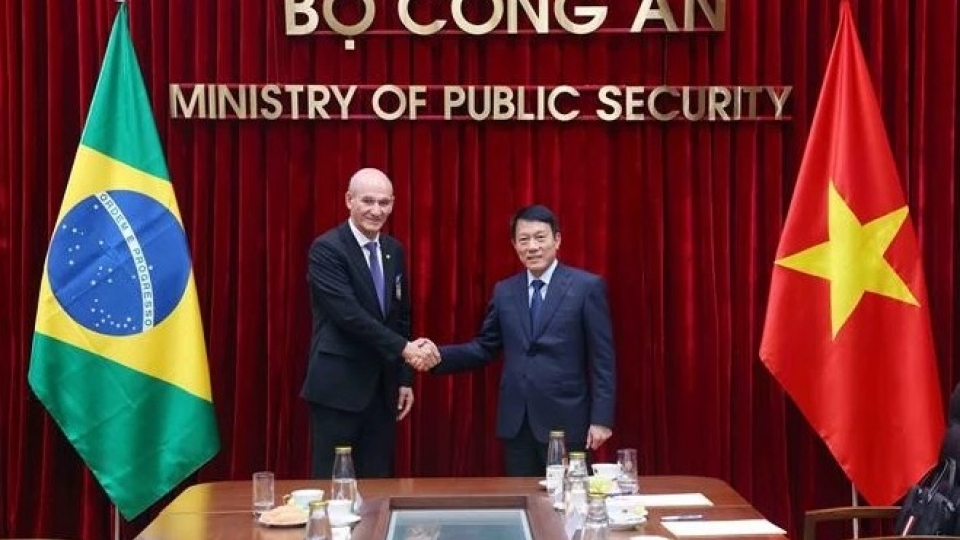Vietnam bolsters proactive measures against non-traditional security threats
VOV.VN - Vietnam is faces growing non-traditional security challenges, including terrorism, cross-border drug and human trafficking, high-tech crime, and cybersecurity. The country is actively implementing preventive measures while strengthening international cooperation.
Speaking to the press in Prague, Associate Professor Dr. Takashi Hosoda from the University of West Bohemia, Czech Republic, noted that after the Cold War, the concept of security has expanded beyond the military to encompass issues such as climate change, energy and food shortages, epidemics, natural disasters, and transnational crime.
These challenges directly affect people, making human security a top priority, while the nation continues to maintain a “hard shell” role to protect sovereignty and territorial integrity. In central and eastern Europe, including the Czech Republic, prominent threats include cyberattacks, terrorism, misinformation, climate change, energy security, and artificial intelligence (AI).
Dr. Hosoda observed that today, traditional and non-traditional threats often intersect, creating “hybrid threats.” For Vietnam, in addition to cybercrime, organized crime, and energy security risks, unilateral actions in the East Sea also pose huge challenges.

Highlighting Vietnam’s national comprehensive strategy on preventing and responding to non-traditional security threats to 2030, with a vision to 2045,” he emphasized that flexible decentralization, early anomaly detection, and regional and global cooperation mechanisms are crucial for effective response. He described the strategy as an important step with high potential impact.
He stated that the “Four No’s” defense policy does not prevent Vietnam from participating in international cooperation on non-traditional security. He praised the government’s efforts in implementing the national strategy, focusing on climate and disaster response, cybersecurity and information security, energy and water security, epidemic prevention, and combatting organized crime. These efforts lay a foundation for sustainable socio-economic development.
He proposed several measures for tackling non-traditional threats, while underscoring early detection, timely emergency response, and mobilization of resources for recovery. He stressed that a centralized approach may not be rapid enough, highlighting the need for a more flexible decentralization mechanism in command, mobilization, and logistics.
Dr. Hosoda underlined that no country can address non-traditional threats alone. Vietnam should strengthen cooperation within ASEAN and expand coordination with partners such as the United States, China, Japan, and the European Union.
Even countries with differing traditional security perspectives can join hands to build trust and promote multilateralism amid global instability.



